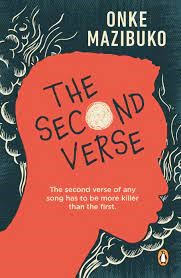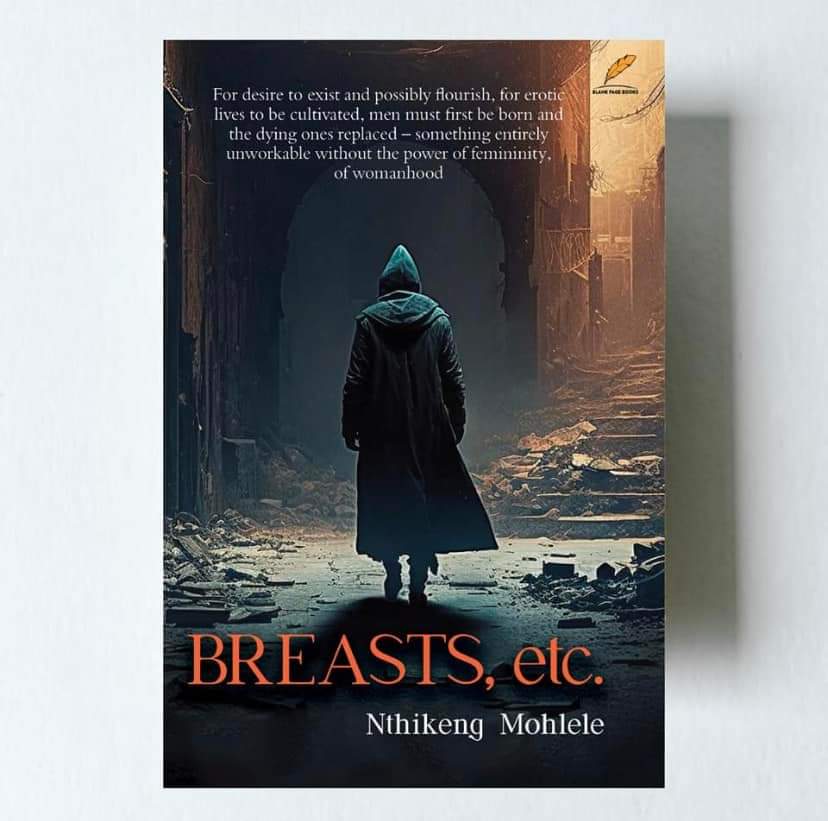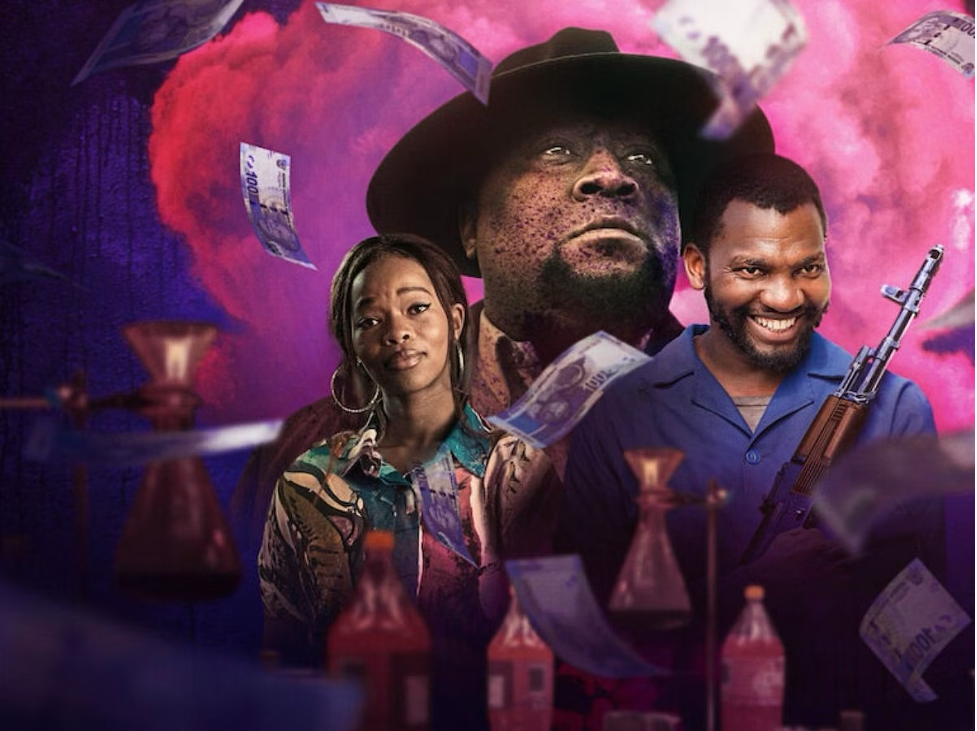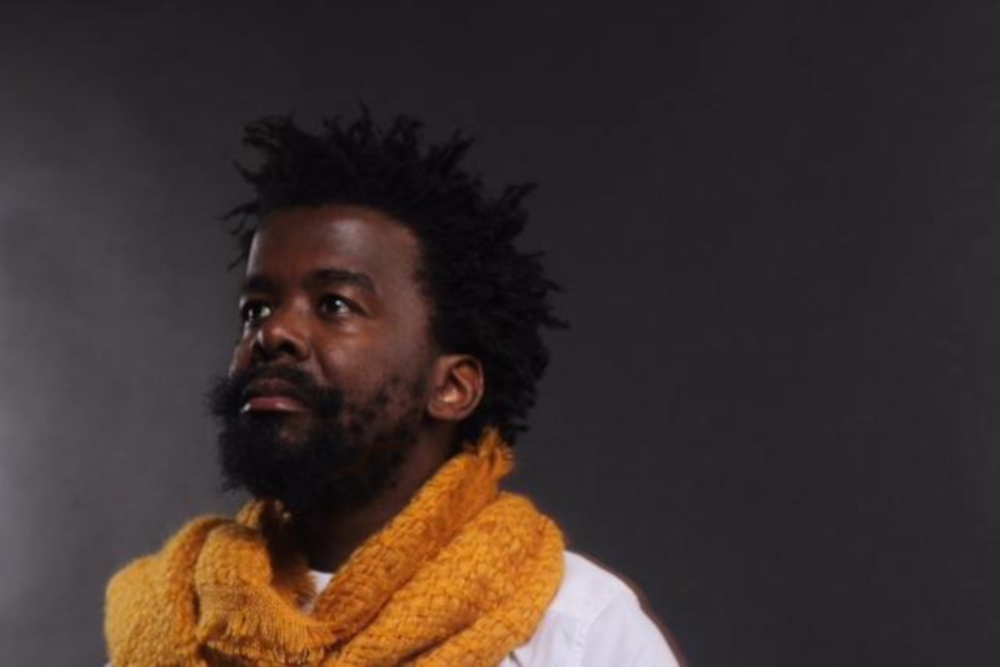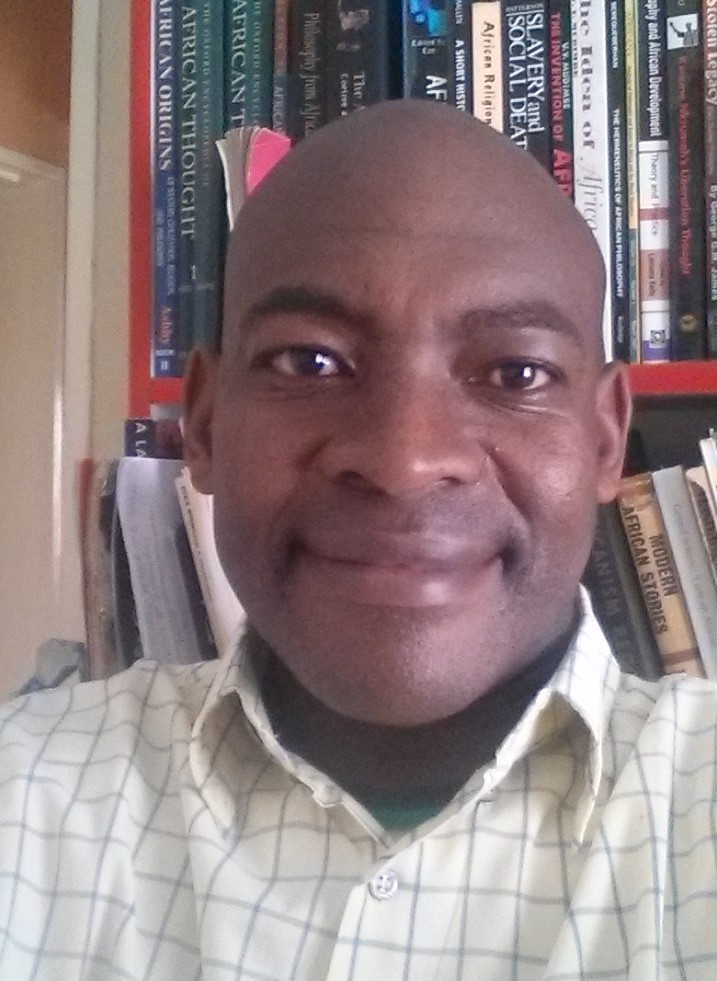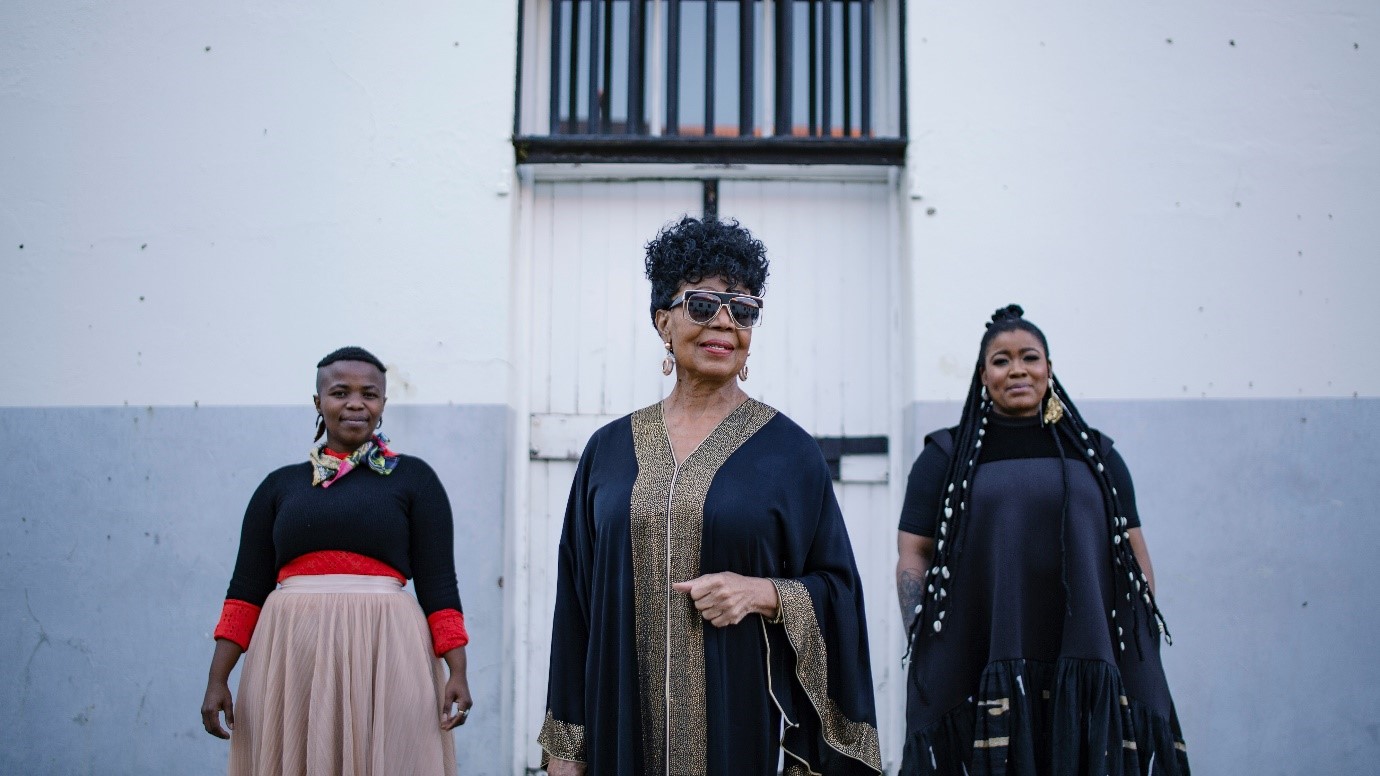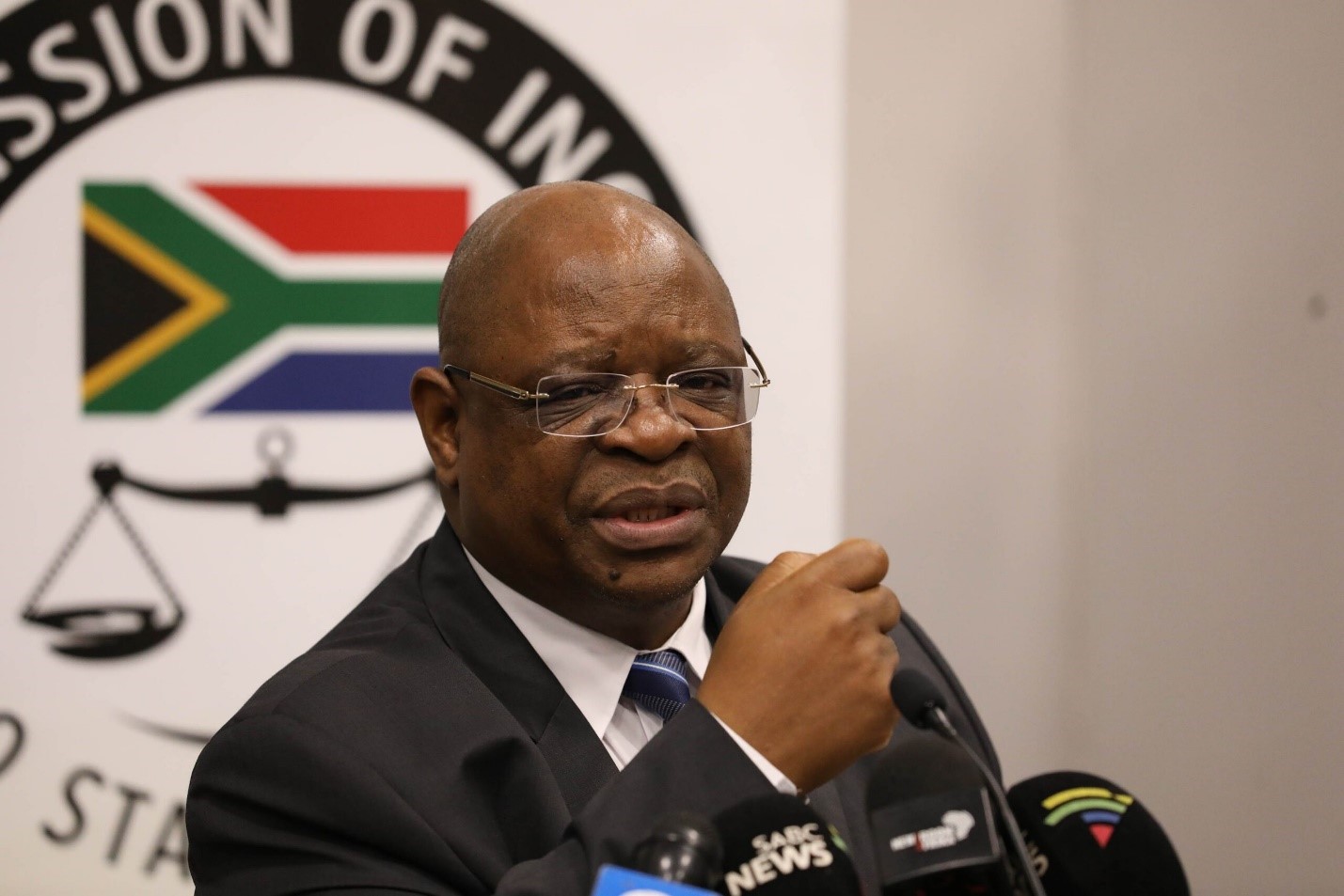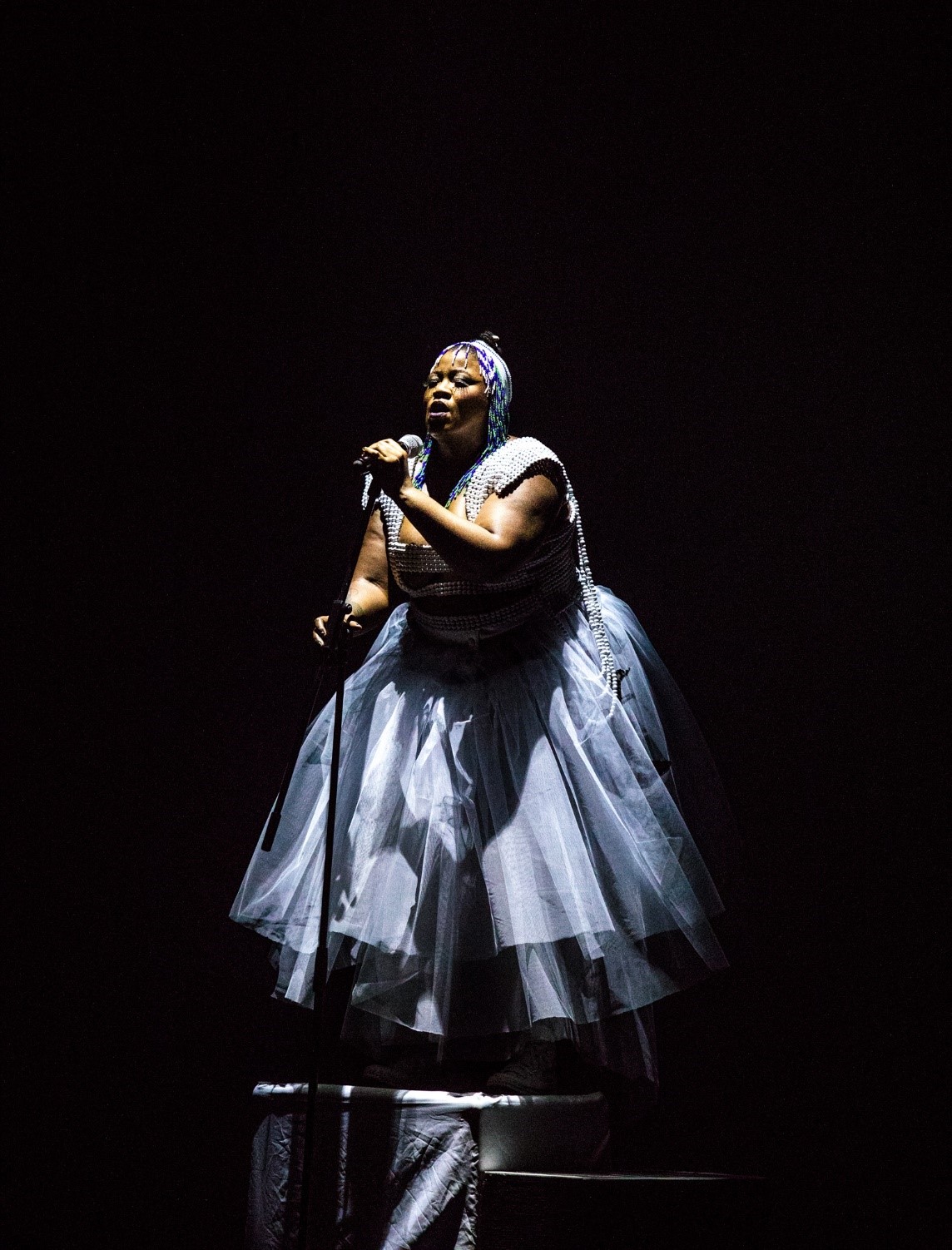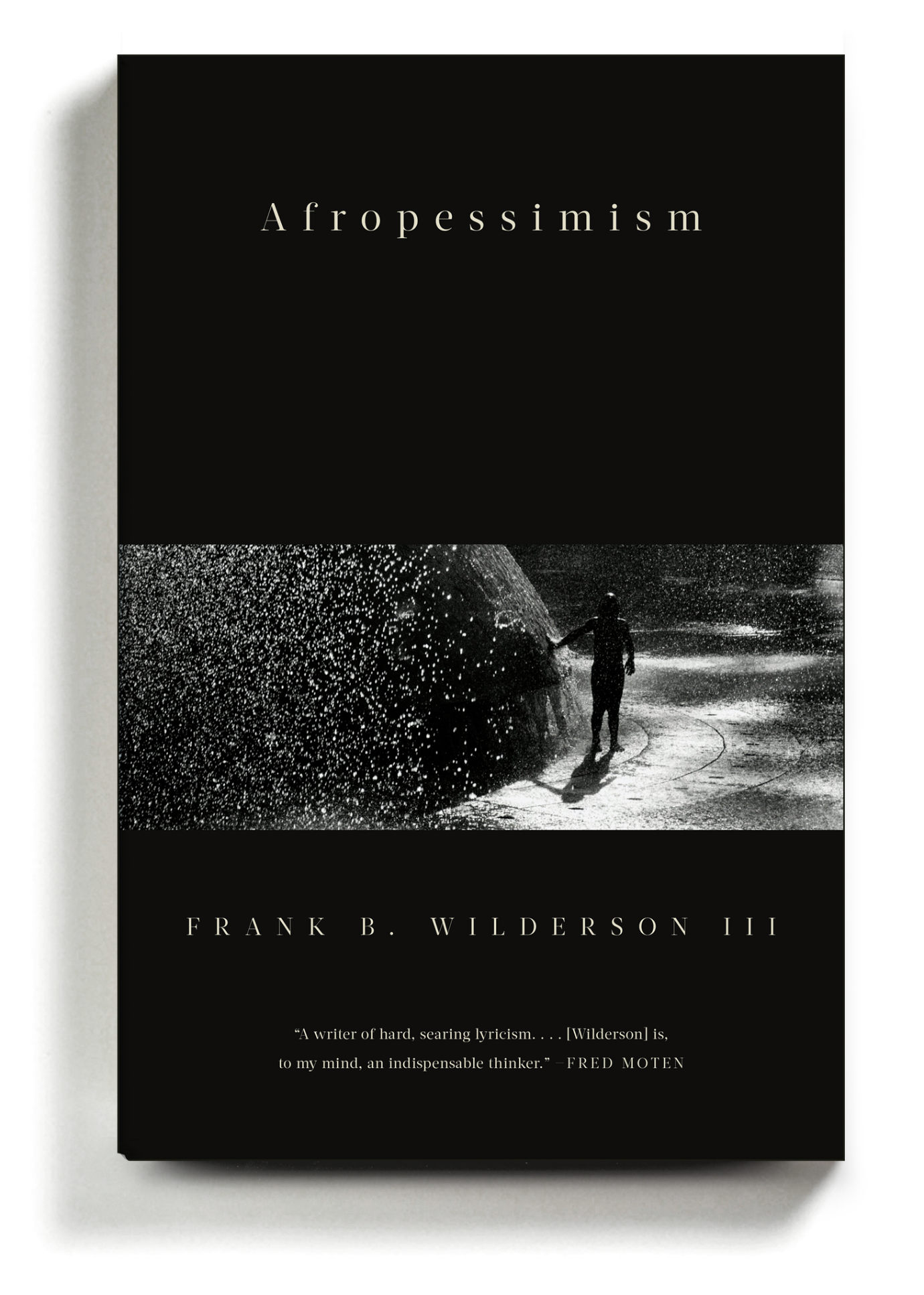The Second Verse by psychologist Onke Mazibuko is a pertinent yet relatable book about family, parenthood, manhood and mental wellness issues- fitting perfectly with October as a mental health awareness month. In it, Mazibuko paints a familiar picture of how alcoholism and gambling could lead to disruptive behaviours not only damaging family structures but also causing childhood traumas. From a new voice in the literary landscape this debut novel hums a breezy rhythm layered with poetic tranquillity, a soundtrack to a teenage boy’s coming of age.
Set in East London, South Africa in the late 1990s, the protagonist Bokang Damane, typical of any teenager, is a dreamer, sketcher and a loner. Of course physical appearance can be deceiving; internally Bokang is dealing with heavy psychological and emotional issues. His schoolmates Senzo Fihla and Roscoe Munsamy always wonder where he disappears to during the week; his teachers are concerned about his academic performance and home life. His mother- Khensani or “Old Lady” is overwhelmed by financial problems while his father T Ernest Damane drowns his demons in brown bottles and betting dens. Younger brother Israel or “Izzy” and baby sister Sizwe see their older brother as the lighthouse to navigate their own stormy seas. One can only imagine the load carried by a teenager such as Bokang. It made me wonder: Are we forced - as young adults to assume mature positions and responsibilities because of the inequities of our parents? Why does life thrust children - especially black African children - into these overwhelming circumstances that seem way above and beyond their years? These are the questions that Mazibuko is essentially raising in his book with the subliminal undertones of his psychological knowledge.
A narrative debut novel
For sure, in a three hundred pager written by a psychologist, one would expect intricate medical terms and academic flares to blaze the page; yet The Second Verse is pleasantly surprising as its written with prosaic ease and flowing passion. Narrated in Bokang’s voice, the overall tone of the book is laid-back and very mindful in dissecting the ever-troublesome and often-triggering themes of depression, alcoholism and suicide. Mazibuko’s writing makes these heavy themes of human problems - in a gentle way - understandable and empathetic. His coy, but not playful manner of writing provides another interesting and refreshing perspective on black Africans’ take on mental health and psychological problems. Mazibuko’s utility of language may appeal more to young adults. He is in with the younger crowd as he uses phrases and words such as “dope”; “sus”; “cop” and “bro”, the uninitiated relegated to consult the Urban Dictionary. This is neither new nor interesting, but it creates an environment of understanding and suitability to the narrative itself while engaging the reader. More importantly, it reflects the characters realistically and naturally. The younger characters speak colloquially and accordingly, the older characters have more mature voices. The rather voluminous text was discouraging at first and I wondered if I would enjoy or regret the purchase. After a few chapters I was absorbed by the text in no time. At numerous points during the book I completely connected with Bokang as a first born son who lived with an alcoholic father; the expectations of belonging in high school and pressures of patriarchy.
Pressures of patriarchy for young boys
Some characters that rubbed my spirit the wrong way were Ernest and Tat’ uMfene. The former is an astute attorney, avid reader while the latter being his best friend. It is these two characters who amplify Mazibuko’s clarion call on toxic masculinity and psychological abuse of young boys.
“Women don’t know what the truth is, they make it up” stated the obnoxious Tata uMfene. The cultural expectations brought by patriarchy examined in The Second Verse, elicit Thando Mgqolozana’s A Man Who is Not a Man (2009) and Litha Hermanus’s The Eyes of The Naked (2019. The idea that to be called a man - particularly in isiXhosa culture - a young boy must go through circumcision at initiation school as a rite-of-passage is seriously questioned in these contemporary texts.
“You need to make it happen! You don’t want to wait until after uwolukile! I mean, after that, when you are properly a Xhosa man, you will have plenty of women…” stated Tata uMfene. Is getting plenty of women the ultimate goal of initiation schools in defining manhood? If such vile and contemptible beliefs and viewpoints by men like Tata uMfene hold the premise of cultural practice then subtly the book questions the relevance of initiation schools. Surely, an adolescent’s journey towards manhood becomes a confusing one when you have such male influences in your life.
Bokang’s household management strategies of living with an alcoholic father and attempts to protect his siblings from the chaos can also be empathised with and related to.
“He’s more pleasant slightly drunk than sober. He’s at his worst at the two extremes: sober and very drunk. There’s still plenty of time before he gets to monumental levels of drunkenness, when he becomes a real force of destruction”.
The metaphor is clear, almost like living with two fathers under the same roof - one sober and one drunk, it’s a sight that is very familiar having grown up in such a household and community. I am anxious now about how our children will remember us - as two-faced broken parents or as responsible parents with self-control urged by the will to change our toxic habits. These disruptive behaviours and unfair expectations could be damaging to children much more than we assume or care. For instance Bokang’s Suicide Manifesto was unsettling. This notebook holding plans and methods to commit suicide like jumping off a bridge or swallowing large quantity of marbles should not be in possession of a young lad. Truth though, is always stranger than fiction as more and more young people find suicide the only “way out” of their misery. This points to a possibility of deeper troubles that adolescents are dealing with. If other ‘suicide manifestos’ are not addressed they will lead to tragedy.
Missed chances and second chances
Although I appreciated her quite strength, Bokang’s mother’s character is not well developed and stretched beyond the superficial insights of where she grew up. JP also had lots of promise as a character where a further development of his philosophical outlook on life would have emboldened the narrative. Beyond the rich-white-boy stereotypes, this teenage character brought a sense of maturity with a dash of fun and risk to challenge Bokang’s character.
As the country is still shocked by the death of twenty one teenagers in Eastern Cape who mysteriously died in a tavern, this book couldn’t come at an appropriate time. The Second Verse leaves us to ponder about what other positive outlets are available for young boys and girls - be it in disadvantaged or upper class communities. Fact is not all of us can afford therapy; therefore positive activities that teenagers can engage with are much needed. For Bokang it was scribbling, sketching, writing and bumping beats. However other disruptive behaviours wormed their way into his life. Allowing alcohol, drugs and other toxic activities to become acceptable and normal forms of escape from our problems, will be a continuation of the vicious generational cycle.
If you enjoyed Yewande Omotoso’s Bom Boy (2011) and John Hunt’s The Boy Who Could Keep a Swan in His Head (2018) then this book is right up your alley. Ultimately The Second Verse is a reflection on second chances. It is a contemporary title that reminds us that despite the support from family and friends; we must find ways; as individuals; to bounce back a thousand times stronger from our wretched existence. It’s an encouragement for us to raise the bar every time we overcome adversity.
“The second verse of a song has to more killer than the first…In the same way, if you do well once in life, then you always have to be better from that point onwards”
This debut novel is a wonderful snapshot of a boy’s adolescence, showing his cognitive, emotional and social growth. Mazibuko opens a window into the world of transformation of a school boy who is coming into (young) adulthood with a great sense of purpose, responsibility, compassion and maturity. A significant contribution even beyond the month of October in creating awareness on mental health issues, this book rings a siren of caution on how childhood traumas - when unresolved - could cause disruptive behaviours in our adult lives. The themes challenged my perspective on the scale of mental and emotional battles teenagers are dealing with in contemporary South Africa. The Second Chance brings compassion, empathy and understanding on how - as adults - we need to better relate with our young boys and girls.

